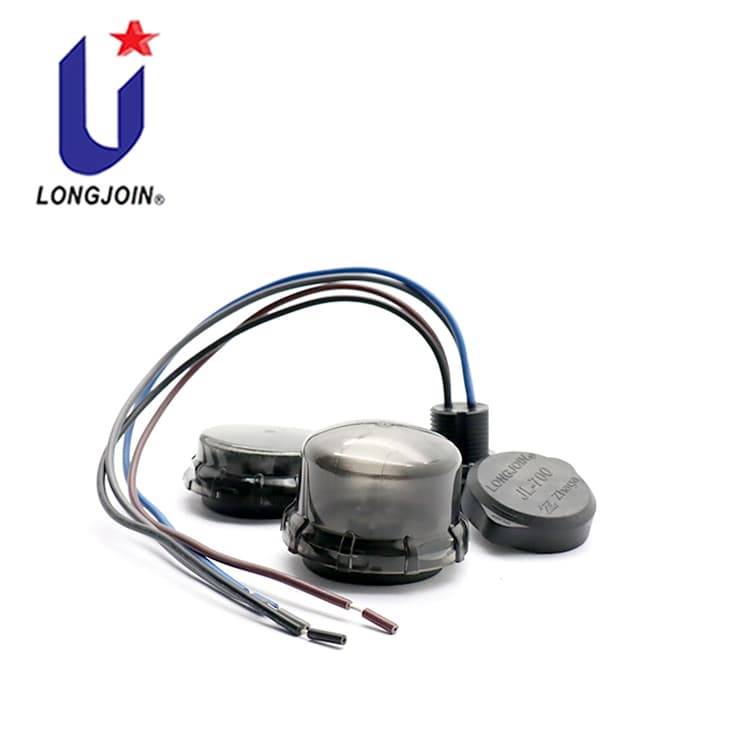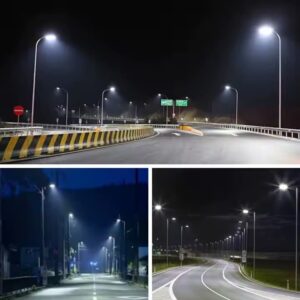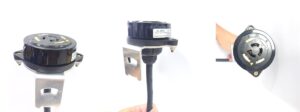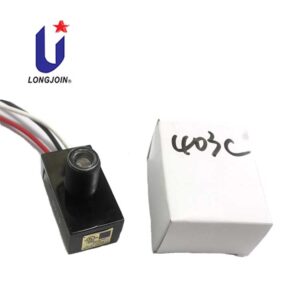The Future of Smart Street Lighting: How Zhaga + D4i is Revolutionizing Outdoor Lighting Systems
Introduce
Many systems use strict, proprietary designs. Even a small upgrade can force you to replace entire fixtures or require costly, messy, complex rewiring work. Most of these systems are tied to proprietary designs, which means that even a small upgrade could require replacing entire fixtures or complex rewiring. This leads to unnecessary costs and delays. With the evolution of smart city technology, there’s now a better way — modular, adaptable, and intelligent lighting systems that grow with the city’s needs. The pairing of Zhaga Book 18 and D4i delivers exactly that.
Shanghai long-join Electronics, a leader among manufacturers of photocells, is driving this change by providing solutions that make lighting systems smarter, more efficient, and easier to manage.
What Exactly Is Zhaga and Why Should Cities Care?
Before Zhaga, street lighting maintenance was time-consuming and costly. A faulty control often meant rewiring, sourcing specific parts from a single vendor, and dealing with long downtimes. For cities, this translated into higher budgets, slower repairs, and less flexibility. Zhaga changes that by introducing a universal standard for the mechanical and electrical interface between luminaires and control devices.
Zhaga Book 18 defines both 4-pin and 5-pin connector. They enable quick, tool-free installation or replacement of photocell lighting sensors and other smart devices.Cities can add a new sensor or swap a faulty one really fast. The work is safe and needs no special tools or expert skills to get it done.
Benefit | Why It Matters for Cities |
Interoperability | Works across multiple brands, preventing vendor lock-in |
Tool-Free Replacement | Speeds up maintenance and reduces costs |
Upgrade-Ready | Supports adding new smart features without full replacements |
Cost-Effective Maintenance | Extends the usable life of existing infrastructure |
A streetlight becomes more than just a light source — it’s an upgradeable platform starting with simple dusk-to-dawn photocell sensors and ready for advanced functions in the future.

How Does D4i Make Streetlights Smarter?
In traditional systems, even if devices could connect physically, they often couldn’t communicate effectively, leading to limited functionality. D4i was created by the Digital Illumination Interface Alliance (DiiA). It solves this by setting a standard for device data. Built on the DALI-2 standard, D4i is made for outdoor LED lighting. It lets components work together smoothly, reliably.
D4i makes it possible to:
- Deliver 24V DC power to controllers
- Gather standardized energy and system health data
- Run diagnostics to detect faults early
- Enable two-way communication for remote control and updates
With D4i, a photocell switch is no longer just an on/off trigger — it becomes a smart hub that can report performance, predict failures, and help operators make informed decisions.
How Do Zhaga and D4i Work Together in Real Life?
In the past, adding features to streetlights was hard. You replaced entire fixtures or ran extra wiring. This was expensive and disruptive. Combine Zhaga’s universal socket with D4i’s standard communication today. Upgrades are simple—just swap in a new plug-in module now.
Example in practice:
- Install streetlights with Zhaga sockets.
- Plug in D4i-compatible photocell controlsfor automated dusk-to-dawn operation.
- Later, upgrade with sensors for motion detection or air quality monitoring — no rewiring required.
This plan keeps systems future-ready. It cuts downtime. Cities can add new tech without big upfront costs.
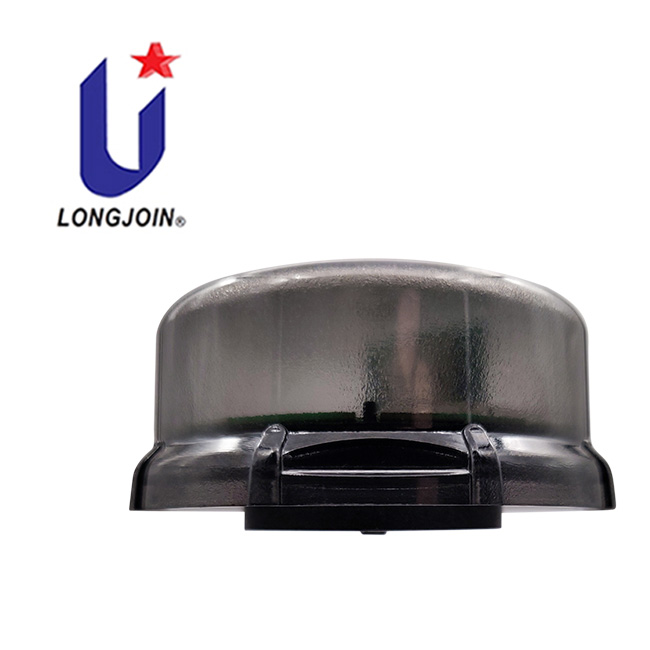
What Makes the JL-721NP a Game-Changer for Zhaga + D4i Systems?
Many products claim to be smart lighting. But they need tricky setup, or only work with certain brands, which limits flexibility. The JL-721NP from long-join avoids these pitfalls. Designed for full Zhaga and D4i compliance, it offers genuine plug-and-play functionality and is adaptable to evolving city needs.
Feature | Specification |
Interface | Zhaga Book 18 (4-pin) |
Protocol | D4i (based on DALI-2) |
Power Input | 24V DC from D4i driver |
Functions | Auto on/off, light sensing, diagnostics, energy metering |
Waterproof Rating | IP66 |
Expandable Modules | NB-IoT, Zigbee, LoRa, Bluetooth |
It’s more than a light photocell sensor — it’s a future-proof lighting controller that supports advanced data collection and IoT integration.
Why Should Cities Choose long-join for Zhaga + D4i Projects?
Switching to a new standard takes time and money. Pick the wrong partner, and you will pay for it. long-join Electronics offers more than just products — it provides expertise, proven reliability, and customization to suit each city’s unique needs.
With over two decades of R&D, 15,300m² of production capacity, 30+ patents, and collaborations with global industry leaders, long-join delivers solutions built for performance and longevity.
How Does the D4i System Architecture Actually Work?
You need to learn D4i’s architecture. Then you will see why it helps. At its core, it is modular. Each part has a clear job, and they work together to make streetlights smarter and easier to manage.
- D4i-certified LED Driver— powers both the LEDs and the controller while collecting energy and health data.
- Zhaga Photocell Controller— handles lighting control, communication, and diagnostics.
- Luminaire— integrates the driver and controller in a weather-resistant housing.
Component | Role |
LED Driver | Power + Data collection |
Zhaga Controller | Control + Communication |
Luminaire | Housing + Integration |
This architecture eliminates unnecessary wiring, opens the door for multi-brand compatibility, and makes upgrades as easy as changing a module.
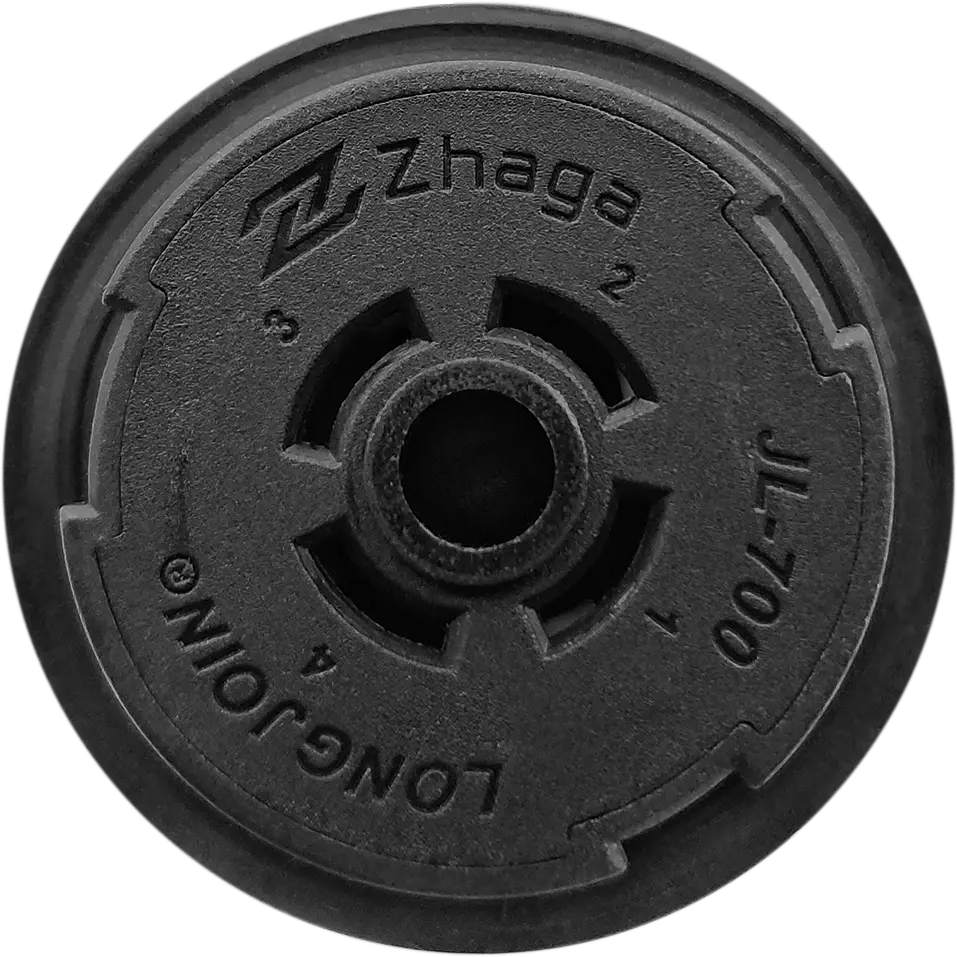
How Can Cities Start Transitioning to Zhaga + D4i?
Cities often hesitate to upgrade. They fear major disruption and high costs. With Zhaga and D4i, upgrades come in phases. Step by step. Start with small pilot projects. Measure the results, then scale up from there at a steady, careful pace.
Steps to start:
- Audit current street lighting assets.
- Select pilot locations for testing.
- Install Zhaga Book 18+ D4i-compatible devices like the JL-721NP.
- Monitor savings and performance improvements.
- Expand deployment city-wide.
With long-join’s OEM/ODM customization, cities can tailor the technology to their climate, regulations, and long-term goals.
Conclusion
Zhaga and D4i aren’t just about compatibility — they’re about creating lighting systems that are ready for the future. By choosing long-join’s JL-721NP and leveraging its technical expertise, cities can build adaptable, efficient, and intelligent lighting networks that meet current needs while preparing for the innovations ahead.
External Links:
●https://www.zhagastandard.org/books/overview/smart-interface-between-outdoor-luminaires-and-sensing-communication-modules-18.html
●https://www.dali-alliance.org/d4i/
●https://isto.org/member_programs/digital-illumination-interface-alliance/

